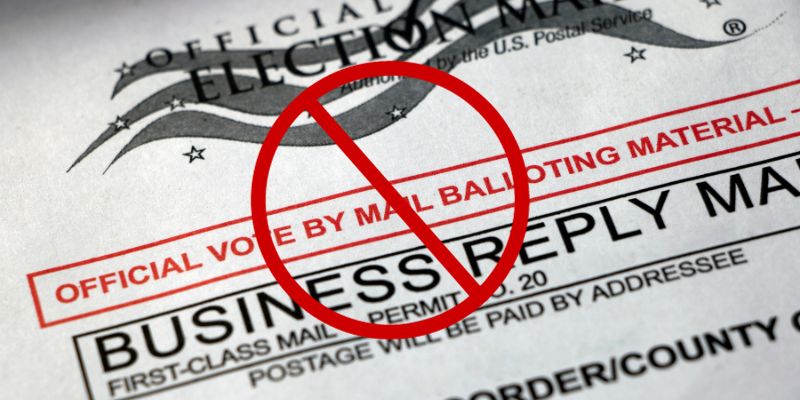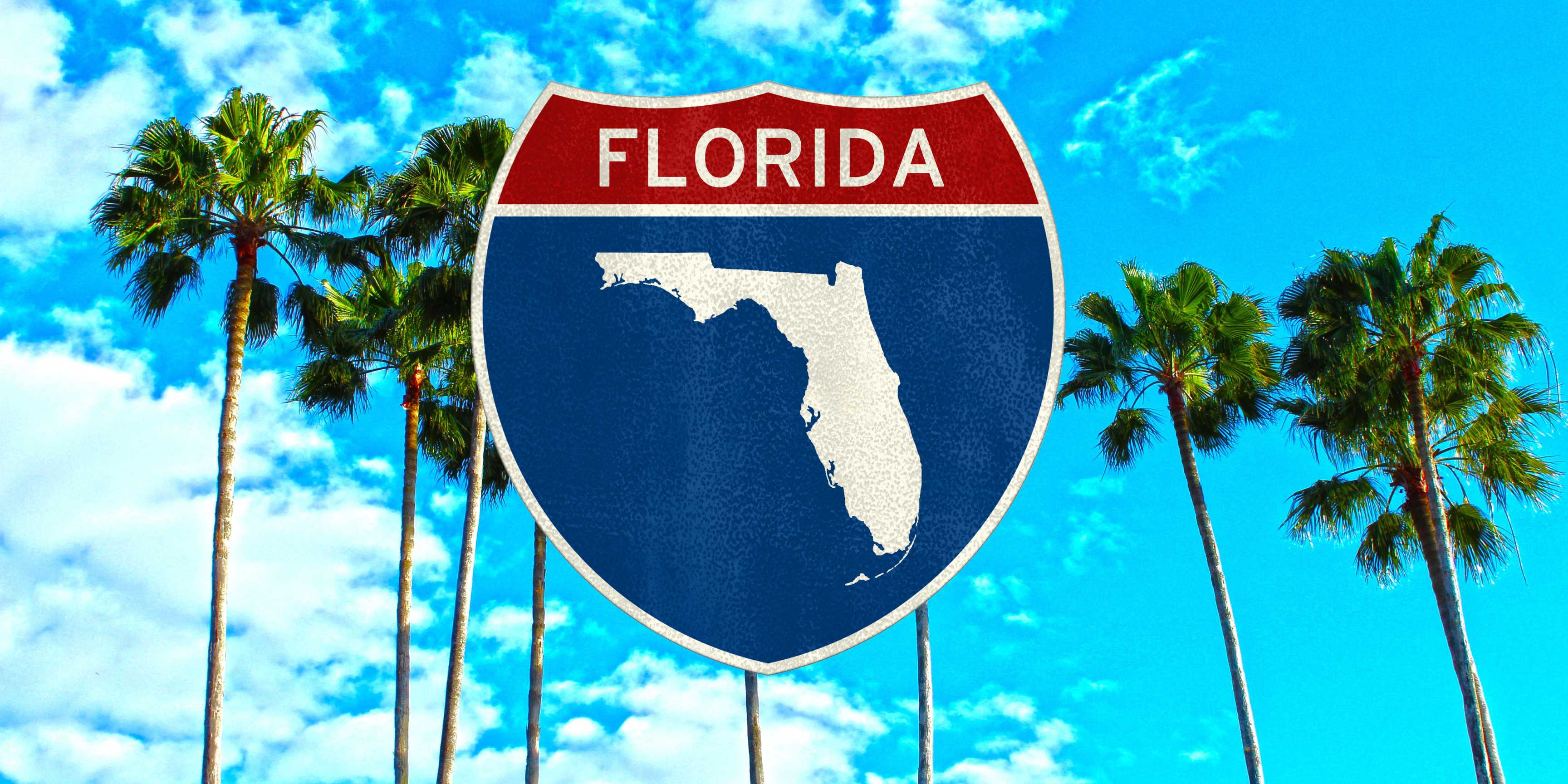
Made In The USA Tax Credit Act 2024
Palm Coast Local
Government
The Made in the USA Tax Credit Act
Will Make America Great Again!
Representatives Debbie Dingell and Ro Khanna have introduced the Made in the USA Tax Credit Act, a proposed legislation to revitalize American manufacturing, support local businesses, and protect workers. “Investing in American manufacturing drives innovation, prosperity, and progress,” Dingell said. “I’m proud to introduce the Made in the USA bill with Representative Khanna to encourage consumers to support the family-owned small businesses here in our communities and to look to American products first.
Purpose and Goals:
The bill aims to invigorate U.S. manufacturing by incentivizing consumers to buy American-made products.
It seeks to create good-paying jobs and strengthen the domestic supply chain.
Key Features:
Consumers would receive a refundable tax credit for purchasing products that meet the Federal Trade Commission’s “Made in the USA” standard.
Up to $2,500 (or $5,000 for couples filing jointly) in tax credits for buying qualifying American-made goods.
Inflation Adjustment: The maximum credit amount would be adjusted annually for inflation.
The decline in American manufacturing and the rise in imports since 1998 have led to the closure of over 70,000 factories.
Factory closures have impacted communities and resulted in economic challenges and job losses.
The bill aims to reverse this trend and support the remaining 12 million manufacturing jobs.
Representatives Dingell and Khanna visited Motawi Tileworks and Leon Speakers in Ann Arbor, Michigan.
Motawi Tileworks creates handcrafted ceramic art tiles and designs larger-scale tile installations.
Leon Speakers, a family-owned company, started as pioneers in the soundbar category and expanded to include award-winning speakers.
The goal is to increase demand for American-made products:
Small businesses manufacturing within the U.S. may experience higher demand as consumers seek out American-made goods.
Niche or unique products could benefit significantly.
Businesses already prioritizing domestic manufacturing would have an edge.
Emphasizing their “Made in the USA” status can differentiate them from competitors relying on imports.
Financial Relief and Investment:
The tax credit provides financial relief, reducing production costs for eligible products.
Businesses may invest saved funds in R&D, expansion, or hiring.
Businesses with global supply chains may need to reevaluate sourcing strategies.
The tax credit encourages using American-made components.
Compliance with the “Made in the USA” standard requires documentation.
Small businesses must navigate these requirements.
Successful revitalization of American manufacturing could lead to job creation.
Local hiring contributes to community well-being.
In summary, the impact on small businesses will depend on existing practices and adaptability. While challenges exist, the potential benefits are significant for those embracing the spirit of the legislation.








